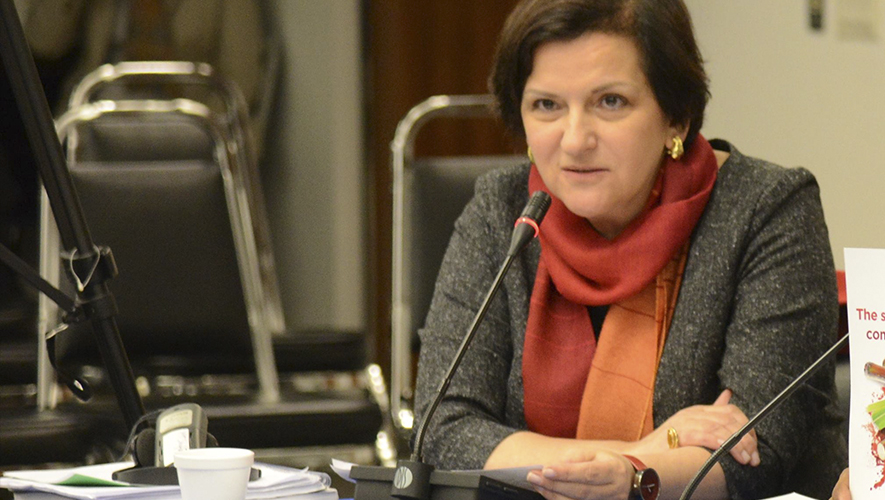Work of judges and prosecutors compromised by internal control, research suggests
Study looks into how internal control is affecting the work of magistrates and prosecutors in São Paulo.

“You tend to conform. It’s easier. Being different causes problems. You stand out.” The words of a criminal court judge in the city of São Paulo describing the usual behaviour of judges and prosecutors, who often take decisions based on the fear that by departing from the status quo they will be moved to a different region or exposed to political ostracism.
There were several emblematic cases recently, for example Judge Kenarik Boujikian, who received an order of censure for releasing people who had been remanded in custody for a period of time greater than that of the sentence for which they were being charged. Following a long court case, the CNJ (National Justice Council) found the magistrate innocent.
Another significant case was that of Roberto Corcioli, an assistant judge in the city of São Paulo who was removed from office before the end of his period of appointment, in June 2013. It is believed that his suspension was related to a report made by 17 prosecutors to the inspector general’s office, one month previously. The basis of the report was that “[…] decisions made [by Judge Corcioli during the course of judicial duties] had led to the mass release of individuals whose imprisonment was crucial.”
Similar incidents are not unusual in the São Paulo Magistrate’s Court and Public Prosecutor’s Office and suggest a constant threat to the independence of these institutions. In 2014 and 2015, prompted by this situation, Conectas published a study “Functional independence and internal control in the careers of those working in the Magistrate’s Court and the Public Prosecutor’s Office in the city of São Paulo,” in partnership with the Instituto Betty e A. Jacob Lafer.
The purpose was to investigate to what extent means of internal control (formal and informal) are affecting the professional work of magistrates and prosecutors in the city of São Paulo. In addition, it sought to understand whether these ‘controls’ are biased towards punitive penal action on the part of these people which would lead to mass incarceration.
The study also looks into entry to training schools, the probationary period and careers, with the aim of understanding the structure of the system which could have serious implications for public security.


